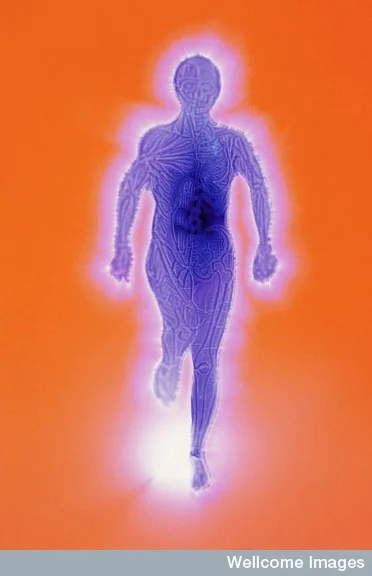Do some people experience a rush of dopamine when they pray or preach the gospel?
Becca Krock's fascinating answer evokes a wide range of subjects, from St. Teresa, "who certainly seems to have enjoyed praying", to the handful of studies that have measured brain activity during prayer, to the writings of William James, "the father of modern psychology".
In the end, she writes, it may be reasonable to conclude that "prayer is an intricate composite of many more run-of-the-mill psychological processes (attention, memory, emotion, speech). And each one...is accompanied by the neural correlates you’d expect to see during that process, regardless of whether it’s occurring in a religious or secular context."
Image source: continuedon.wordpress.com
Read More









